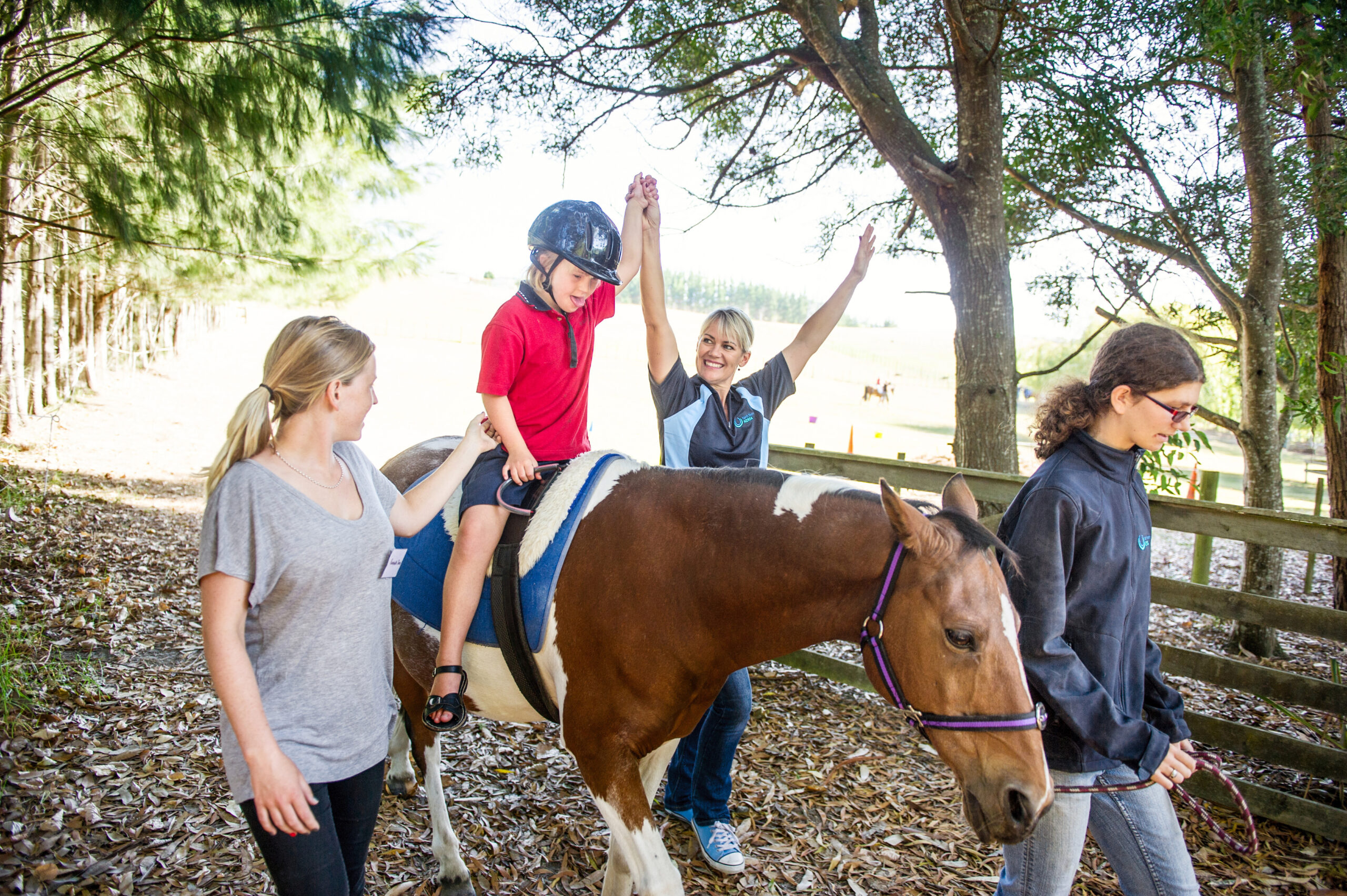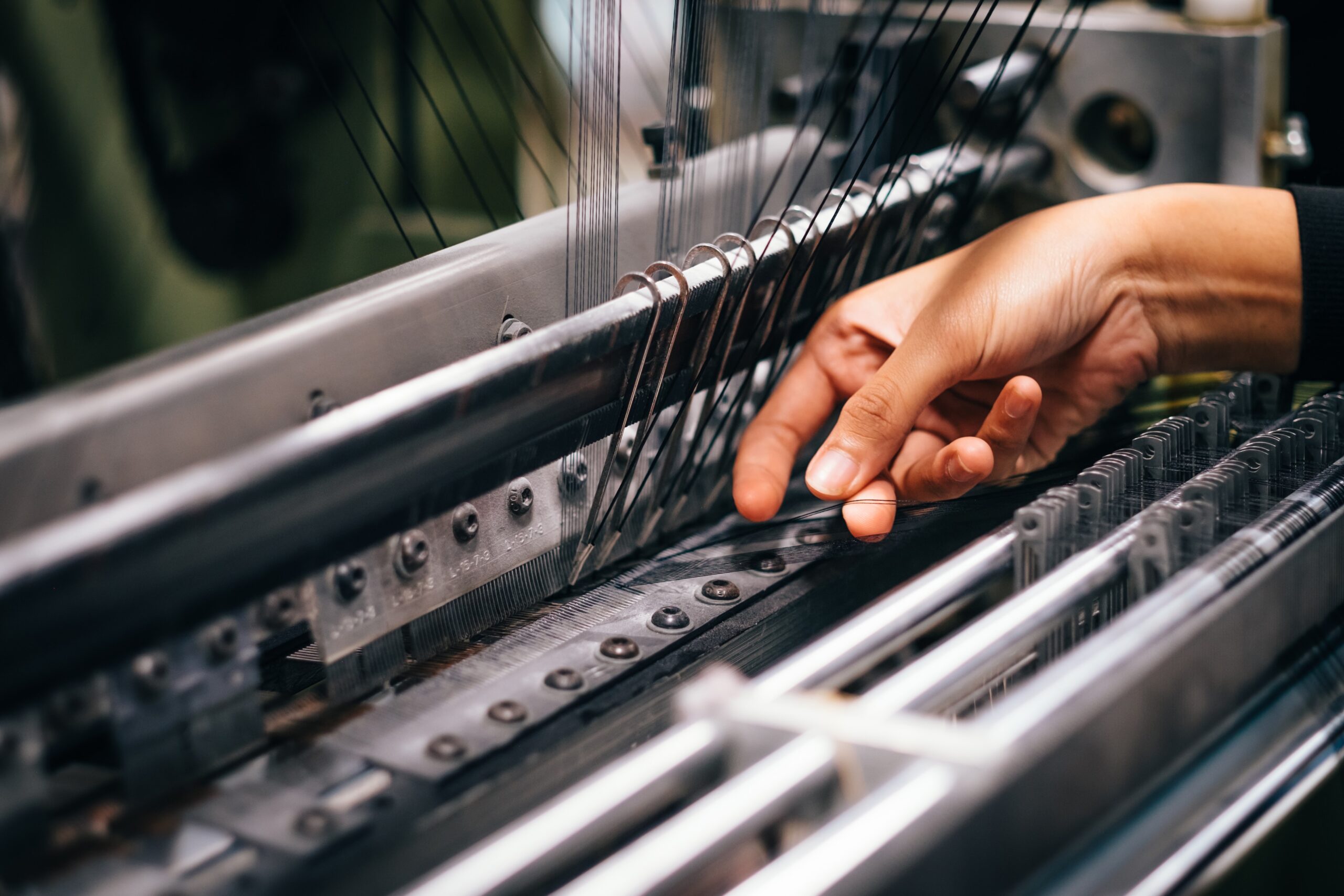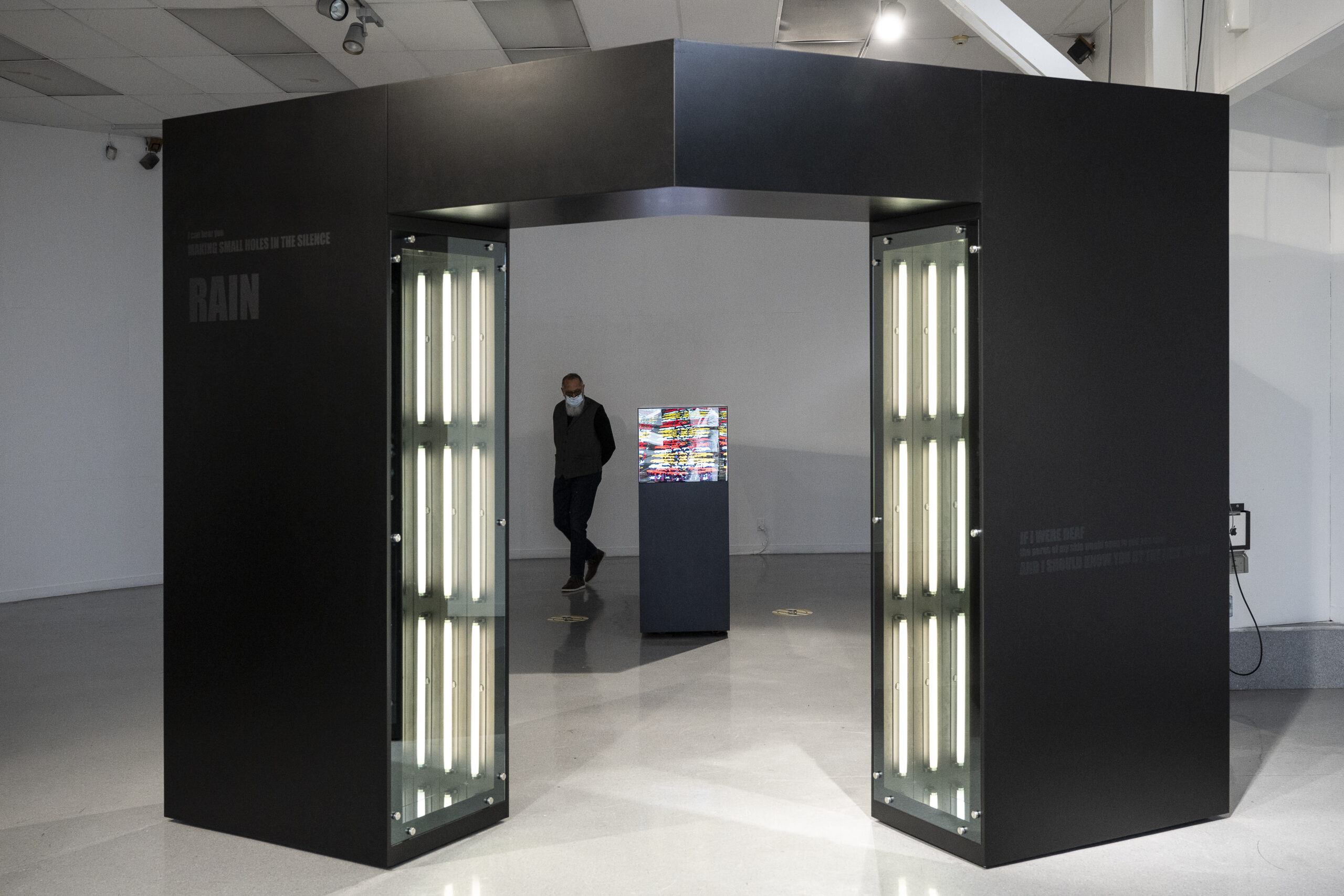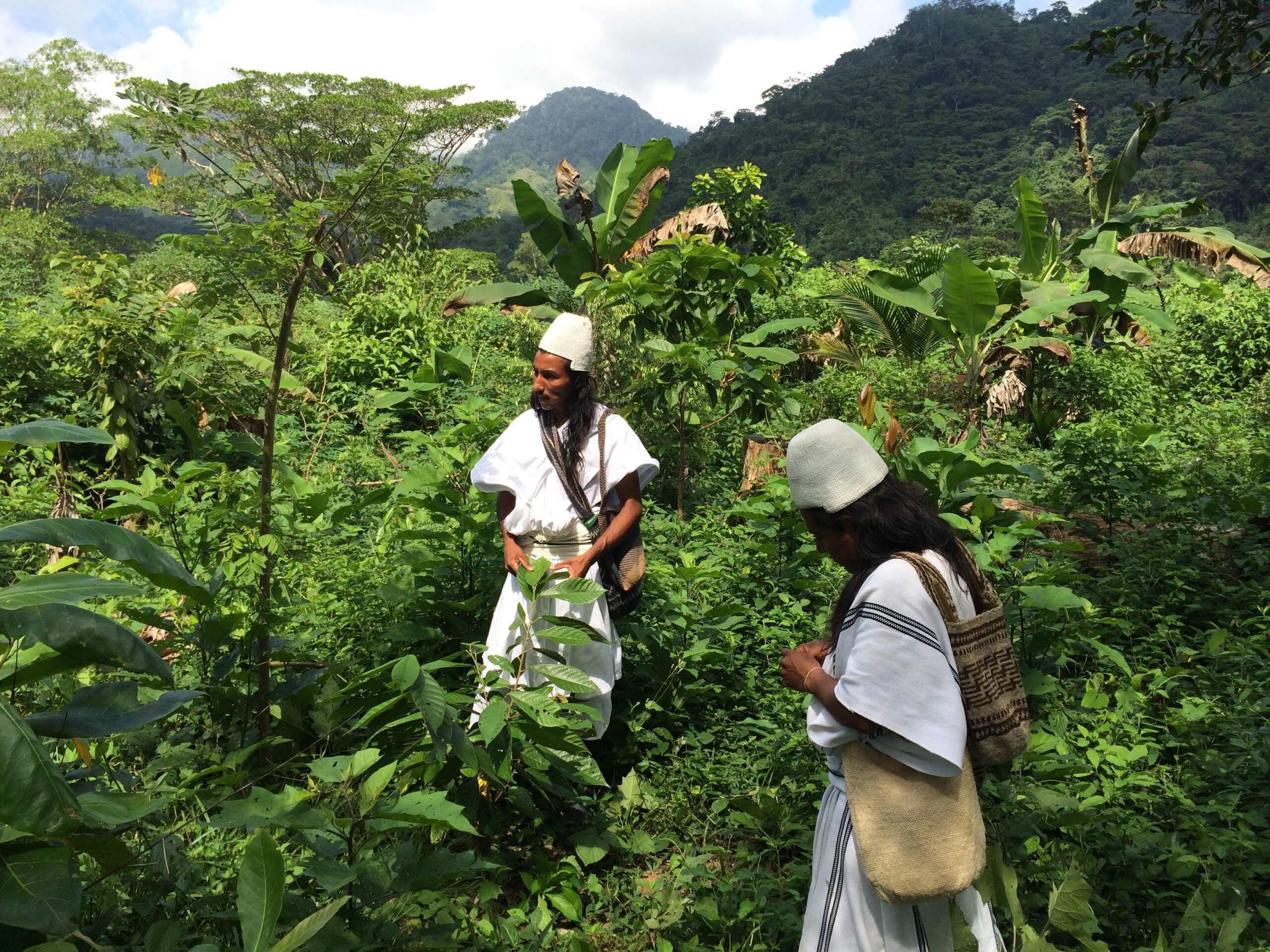Horses can be patient, loyal and sensitive to subtle changes in body language and expression – making them ideal partners in therapeutic riding.

It’s something of a mystery, but since ancient times, people have benefited from the special bond that exists between horse and human. As Winston Churchill once put it, there’s “something about the outside of a horse that is good for the inside of a man”. And to see this mystery in action you need look no further than your local branch of the non-profit New Zealand Riding for the Disabled (NZRDA).
In 1962 Tom Atchison, then president of the New Zealand Pony Club Association, was so moved by what he’d observed with therapeutic riding in the United Kingdom that he introduced the concept to New Zealand.

More than 50 years later, pop into any one of the 56 NZRDA branches scattered throughout New Zealand and you’ll find dedicated volunteers and patient ponies working together to provide therapeutic riding for people with disabilities.
Riders include children and adults with conditions as diverse as cerebral palsy, spina bifida, muscular dystrophy, Down syndrome and autism.
Horse riding has been found to help riders develop and improve their balance, coordination and muscle tone. The interaction with horses focuses concentration and can also help raise a person’s self-discipline and self-esteem.

Horses react to body language and are very sensitive to subtle changes in posture, movement and expression. For the riders at NZRDA, the experience of interacting with their partner horse leads to improved communication and social skills. It seems to me that a horse is a far better listener than humans could ever be!
I’ve been involved with NZRDA for more than four years, and when helping as a volunteer at Auckland’s North Shore branch in Stillwater, I’m often moved to tears by the strength and courage displayed by our riders.
Many are children, and if you were to pass them in the street, you wouldn’t believe what they are capable of. Many riders have limited language and motor skills, others have visual or hearing impairments – but all have bucketloads of personality!
Therapeutic horse riding makes a measurable difference not only to those who attend, but also to their family and caregivers. My own perception of what is possible for those living with disabilities has been shattered and redefined, all by some kids on ponies.
To date the NZRDA receives no government funding, relying on corporate and community sponsorship, grants and private donations. If you’d like to learn more, or find out how to get involved, visit www.nzrda.org.nz or call 04 234 6090.
Melanie Kerr is a volunteer and an ambassador with NZRDA.







